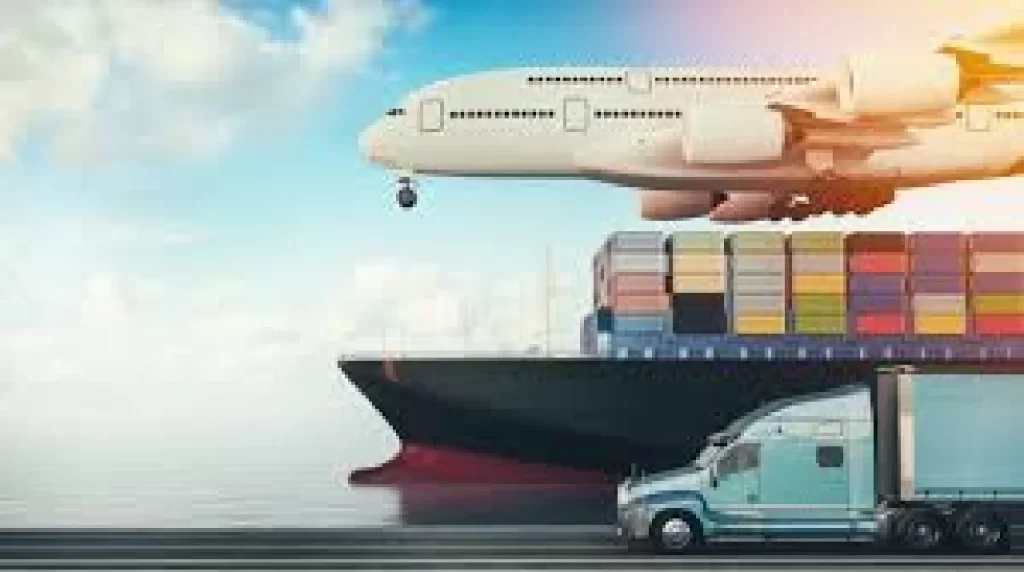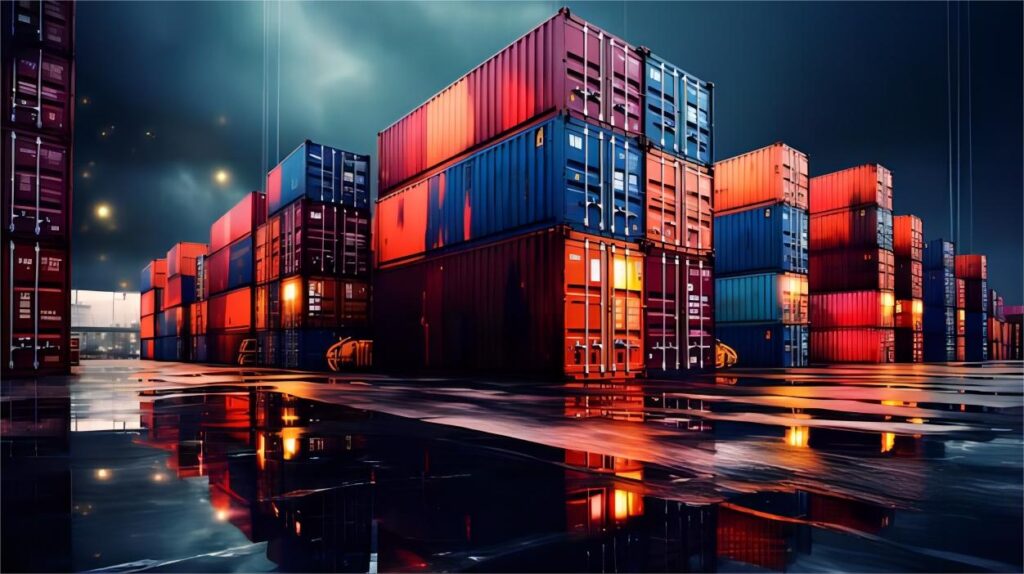Indeed, global e-commerce has transformed shopping habits. However, it has also raised challenges for returns. For many buyers, the cheapest way to return package to China is a critical concern when items arrive damaged, defective, or not as expected. However, return logistics can be expensive and complex. Moreover, without preparation, costs often exceed product value. This guide explores affordable return methods, customs rules, costs, and strategies to reduce expenses effectively.
Why Do Customers Need to Return Packages to China?
Returns are inevitable in international trade. Products may be defective, the wrong size, or simply not meet expectations. Warranty claims also require goods to be sent back to manufacturers. As a result, customers, retailers, and businesses must find cost-effective return solutions that balance affordability, delivery time, and reliability.
What Are the Main Options for Returning Packages?
Shippers can choose between postal services, express couriers, air freight, and sea freight. Each has advantages depending on package weight, urgency, and budget.
| Method | Cost (USD/kg) | Transit Time | Pros | Cons |
|---|---|---|---|---|
| Postal Service | $10–$15 | 2–5 weeks | Cheapest for parcels under 5 kg | Slower, limited tracking |
| Express Courier | $20–$40 | 3–7 days | Fast, reliable, detailed tracking | Expensive for bulky returns |
| Air Freight | $5–$10 (bulk) | 7–12 days | Good for medium to large shipments | Handling fees at airports |
| Sea Freight (LCL) | $1–$3 (bulk) | 30–40 days | Lowest cost for shipments >100 kg | Long transit, more paperwork |
In addition, postal options suit small packages, while on the other hand, sea freight is best for bulky or consolidated returns.

How Much Does It Cost to Return Packages?
Costs depend on package weight, shipping mode, and origin country.
Small and Medium Returns
| Weight | Postal Service | Express Courier | Air Freight |
|---|---|---|---|
| 1–5 kg | $50–$80 | $100–$180 | N/A |
| 10–20 kg | $150–$250 | $300–$500 | $200–$350 |
For instance, a 3 kg parcel by post may cost $55, while courier services could exceed $120. Postal is usually the cheapest way to return package to China for low-value items.
Bulk and Freight Returns
| Weight | Courier | Air Freight | Sea Freight (LCL) |
|---|---|---|---|
| 50–100kg | $800–$1,200 | $400–$600 | $150–$300 |
To illustrate, a 100 kg shipment returned by LCL sea freight may cost less than $250, far cheaper than courier. Consequently, companies dealing with large-scale returns often rely on consolidation to reduce per-unit cost.
Which Countries Have the Lowest Return Costs?
Shipping routes and regional hubs affect prices.
| Origin | Cheapest Method | Cost (USD/kg) | Transit Time |
|---|---|---|---|
| USA | Air Freight | $6–$9 | 7–12 days |
| UK | Postal Service | $12–$15 | 2–3 weeks |
| Australia | Sea Freight LCL | $2–$3 | 30–35 days |
| Germany | DHL Courier | $18–$25 | 4–6 days |
| Canada | Air Freight | $7–$10 | 10–14 days |
In addition, some businesses re-route through Hong Kong or Singapore to cut costs and simplify customs.
What Documents Are Required?
Returning goods internationally requires accurate paperwork.
| Document | Purpose |
|---|---|
| Commercial Invoice | Declares item value and return reason |
| Packing List | Lists contents and weights |
| RMA Form (if required) | Authorization from seller/manufacturer |
| Airway Bill / B/L | Proof of shipment |
| Customs Declaration Form | Needed for re-entry into China |
Without a doubt, missing or incorrect documents can delay clearance and increase costs.
What Factors Affect Return Shipping Costs?
Several elements influence total expenses:
- Weight and Dimensions – Larger parcels incur higher charges.
- Method of Transport – Courier is fast but expensive; sea freight is cheapest for bulk.
- Origin Country – Distance and trade agreements affect pricing.
- Customs Duties – Goods may face re-taxation if not declared correctly.
- Seasonality – Holidays and peak sales seasons increase demand and costs.
Moreover, fluctuating fuel prices and supply chain disruptions also impact return costs.
Pros and Cons of Each Return Option
| Method | Pros | Cons |
|---|---|---|
| Postal Service | Affordable for light packages | Long delivery times, minimal tracking |
| Courier | Fast, reliable, door-to-door | High per kg cost |
| Air Freight | Balance between cost and time | Requires airport handling |
| Sea Freight | Cheapest for bulk shipments | Slow transit, paperwork-heavy |
To summarize, the best method depends on package size, urgency, and budget.

How to Save Money on Returns?
Practical strategies include:
- Use postal services for light packages under 5 kg.
- Consolidate multiple returns into one shipment.
- Choose sea freight for returns above 100 kg.
- Book early to secure lower rates.
- Leverage trade hubs like Hong Kong.
For example, one Australian retailer grouped 15 returns into a 200 kg LCL shipment to Shenzhen, lowering per-unit costs by 35%.
Real Case Studies
Case 1: USA → Shenzhen (Electronics)
- Cargo: 25 kg laptops
- Mode: Air Freight
- Cost: $220 (≈$8.80/kg)
- Transit: 9 days
- Result: Balanced speed and affordability for warranty replacements.
Case 2: UK → Guangzhou (Apparel)
- Cargo: 5 kg clothing
- Mode: Postal Service
- Cost: $62 (≈$12.40/kg)
- Transit: 15 days
- Result: Cheapest method, acceptable for low-value apparel.
Conclusion
The cheapest way to return package to China depends on weight, urgency, and location. Postal services are ideal for small parcels, courier suits urgent returns, while freight is cheapest for bulk shipments. To summarize, consolidating packages, using trade hubs, and booking early reduce expenses significantly. Ultimately, businesses and consumers that understand shipping methods and prepare proper documents can manage returns smoothly and cost-effectively.
Request a Quote
Need a tailored solution for your shipping from China?
Let TJ China Freight Forwarder assist you with reliable, cost-effective service.
FAQs
Q1.What is the cheapest way to return small packages to China?
Without a doubt, for items under 5 kg, postal service is the cheapest.Costs average $10–$15 per kg, with delivery in 2–5 weeks. This makes it the best choice for apparel, accessories, or defective electronics. Many customers note that postal services are the cheapest way to return package to China from USA or Europe when time is not critical.
Q2.How can I return urgent packages affordably?
When time matters, express courier is the fastest. DHL, FedEx, and UPS offer delivery in 3–7 days, though prices reach $20–$40 per kg. For warranty claims or samples, couriers provide reliable tracking and door-to-door service. As a result, this option is considered the fastest way to return package to China while balancing speed and security.
Q3.Is sea freight suitable for bulky returns?
Yes. Sea freight is the most cost-effective way to return large shipments to China. LCL options allow sharing space with other shippers, cutting rates to $1–$3 per kg. Transit takes 30–40 days, but savings are significant for returns over 100 kg. Businesses often consolidate returns to maximize savings.
Q4.Do customs duties apply when returning goods to China?
Lorem ipsum dolor sit amet, consectetur adipiscing elit. Ut elit tellus, luctus nec ullamcorper mattis, puIn some cases, yes. Depending on HS codes and product type, duties may apply. Defective or warranty goods can sometimes qualify for exemption. Preparing accurate invoices and declarations ensures smoother clearance. This process keeps the return shipping cost to China affordable and avoids unexpected expenses.lvinar dapibus leo.
Q5.Can multiple returns be consolidated?
Yes. Consolidation reduces per-unit charges. Freight forwarders arrange combined shipments, lowering handling fees. For instance, combining ten packages into one 100 kg LCL shipment saves money and simplifies customs. This method is widely seen as the most economical way to return multiple packages to China.

